Pi{e} Day: The Difference Between Celebrating vs. Medicating
- Brooke Byers, MA, LMHCA

- Mar 14, 2022
- 4 min read
Updated: Mar 14, 2022
A Therapist's Story of Recovery

Today is National Pi Day. This probably is no surprise to those of us who have grown up in the U.S. In honor of 3.14159…, numerous establishments are offering discounts on pizza pies, potpies and dessert pies. Before now, I never really had any curiosity about how a mathematical value got attached to food—I was just excited for another excuse to eat dessert! This year, I decided to do a little research into the history of Pi Day. Long after Archimedes of Syracuse calculated the ratio of the circumference of a circle to its diameter, March 14th was often associated with Albert Einstein’s birthday. However, National Pi Day became a “thing” in the U.S. in 1988 when a physicist in San Francisco started celebrating Pi Day by offering fruit pies and tea with his staff. He was looking for a way to bond his team together and used food to mark the special connection. Fast-forward twenty-one years, the U.S. Congress declared March 14th as a national holiday in 2009. So much of American culture revolves around food. Unhealthy portions, highly processed food, greasy fast food, umpteen social gatherings all centered on food. Don’t even get me started on National Donut Day! 😀
For those of us who are, or have been, addicted to sugar and/or food, we don’t need a national holiday to “celebrate” (or “medicate”) with pie or donuts. There is always a birthday party, graduation celebration, work event, baby shower, wedding reception, holiday, potluck, retirement party and food is often the prime focal point that brings us together. For folx who don’t struggle with disordered eating, [maybe] they are able to enjoy social functions and eat to celebrate vs. medicate. For many cultures, including America, food is often a form of love and connection. When food is love, it can be nearly impossible to untangle the implicit and explicit messages that come with this form of connection. Saying “no” to food can easily be translated to some as rejection. Leaving food on your plate can result in a lecture about “starving kids in Africa,” leaving you feeling guilty. Politely declining a homemade dessert someone spent hours in the kitchen baking can be received as down right rude. In addition, food addiction can go undetected in religious circles since connecting with food is normalized and widely accepted. That was certainly true for me. Because it was always available to me, I learned to bond and attach to food.
My relationship to food has been problematic for years. I developed an unhealthy bond and attachment to food. For almost four decades, I used food, particularly sugar, to medicate and numb the painful feelings of immense shame and guilt. I tried everything to escape my pain, but did not find a way out until I attended my first Overeaters Anonymous (OA) Twelve Step meeting in May of 2016. In her book, When Food is Love: Exploring the Relationship Between Eating and Intimacy, author Geneen Roth exclaims, “compulsive eating is a symbolic reenactment of the way in which we distorted our feelings when we began eating compulsively: we swallowed our feelings; we blamed ourselves; we felt out of control; we believed we couldn’t get enough. If we allow ourselves to get sidetracked into believing that food is our problem, we will never heal the wounds that we became compulsive to express."
I am grateful today, almost 6 years into my recovery journey; I no longer use food to medicate. One day at a time, I can now say NO thank you, leave food on my plate, throw food away, touch/feel/smell/eat my old “trigger” foods without going back into the toxic addiction cycle. I attend parties, baby showers, staff meetings and eat at restaurants ALL while maintaining my recovery—loving and caring for my authentic self. I am learning to embrace vulnerability and have curiosity about my feelings. Now I can sit with the pain and “hunger” aches I feel in my stomach that I packed down with food for many years. I can comfort my sad and scared parts without food. Just for today, I choose not to react to life by acting out with food. When I feel fear and anxiety rising up, I have developed skills and tools to address my emotions and needs with curiosity, compassion and care.
Food has become a nonissue. Actually, my personal and professional work has helped me uncover that food was never really [the] problem. Learning food was my way of medicating pain, and my therapeutic recovery experience helped me to tell the truth about my pain, its origins, and step courageously into my own healing, growth and change journey. My personal success in recovery from disordered eating came in part by working a program (there are many programs, mine was OA). Regardless of the recovery program you choose, not doing it alone is critical. Having a guide, someone who has experienced success (like a sponsor, therapist, coach, etc.), who also has an understanding of the role shame plays in disordered eating (addiction) informed by a robust emotionally integrative approach is the difference between white knuckling sobriety vs. recovery. Now, instead of devouring the whole pie because of emotional pain, I can choose to celebrate and enjoy a slice. Because of my own recovery journey, I emphatically believe healing is possible for all. This work is personal!






Comments